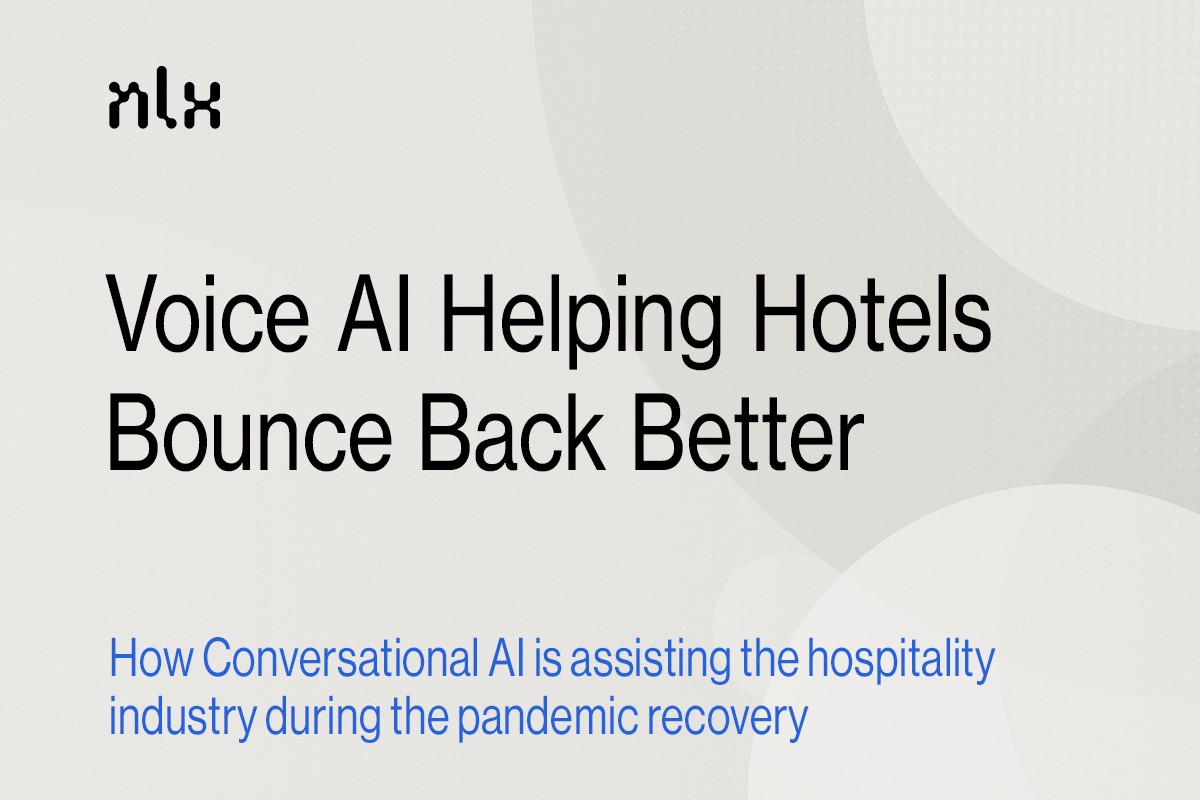The coronavirus pandemic resulted in major declines in business for many industries, but especially within the hospitality sector. It was estimated that there was a 50% - or near $125 billion-dollar loss in 2020 - making it the worst year in history for the U.S. hotel industry, per a study from the American Hotel and Lodging Association.
More than a year later, hotel occupancy started to climb back toward pre-pandemic levels as travelers’ comfort increased. STR reported that U.S. hotel performance was recovering in 2021, though remained below 2019 levels with occupancy in the first week of December at 57.4%, down 4.8% from 2019.
While occupancy is growing - staff needed to support the industry is not.
Earlier in 2021, The American Hotel & Lodging Association (AHLA) projected that more than one in five U.S. hotel operations jobs -- totaling nearly 500,000 positions -- would not have returned by the end of the year. Citing data from Oxford Economics, AHLA estimated that in 2019, U.S. hotels employed more than 2.3 million people but by the end of 2021, that number would have fallen to about 1.9 million.
With less hospitality staff to aid in customer service and hotel occupancy increasing, hotels are left with backlogs in customer service and frustrated guests. The CBC called the trend in longer-than-normal phone wait times earlier this year, and airlines are seeing a similar trend even today, according to The Points Guy.
To meet the surge in customer service calls, companies are trying harder and harder to hire, onboard, reskill, or upskill staff… and/or just letting the phone ring with long wait times.
A simpler and more cost-effective solution is transforming your customer service into personalized, automated self-service experiences through Conversational AI.
Tasks that normally require a live agent can now be handled by a Conversational AI application, like Conversations by NLX, where you can enhance the overall customer experience through automated and personalized voice guidance. The set-up of the automated message is just like doing a drag and drop: you create or select the message, select which of the dynamic flows you want to map, and that's all that’s needed to give your guests a personalized five-star interaction.
Effective Customer Service that Never Sleeps or Places Guests on Hold:
Conversational AI removes the need to hire round-the-clock staff to man phones - the application never sleeps and can handle all calls simultaneously. This means you empower your guests to create their own satisfying solution 24/7 without ever being on hold or speaking to a representative. Furthermore, GME reported that “AI tools are proved to be more effective while dealing with end-user customer requirements,” creating trust and brand loyalty with guests.
Upsell Services:
Additionally, the technology also enables cross-selling and up-selling of services in a self-service hotel environment if the hotel has a defined path in place. This can include cross-product selling such as Room + Spa + Restaurant reservations, for example, driving additional revenue for the hotel.
Gain Insights:
Furthermore, conversational AI allows for real-time analysis and outcome tracking: the technology can lead to rapid response for new issues, where deployment in hours or days and not weeks is crucial. Use the data to identify new opportunities to dazzle your guests and anticipate what they’re looking for next.
Scale:
Indirect events can create a surge in the need for customer support at even the most prepared of call centers. Conversational AI can take some of the heavy-lifting off call centers and scale support services according to your business needs. NLX products allow you to pay for what you use, creating a cost-effective solution to meet demand.
With AI growth projected to continue 2021-2026, per GME, those looking to maintain customer satisfaction even while there is a shortage of staff should get a head start and look into what Conversational AI can do for their business.

Voice AI Helping Hotels Bounce Back Better
How Conversational AI is assisting the hospitality industry during the pandemic recovery
